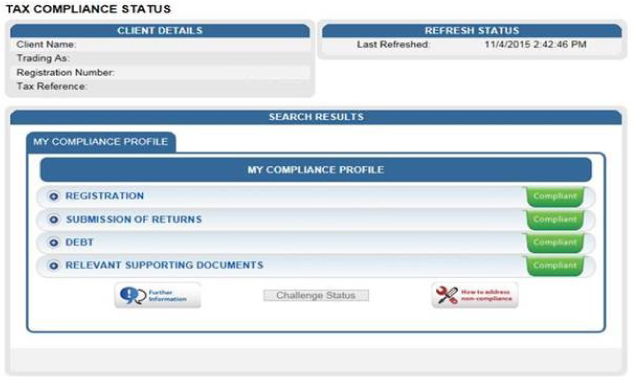Relaying the Foundation
The effect of the Act will be the repeal of the EEA, as well as the imposition of some additional red tape for Property Practitioners. From a tax and compliance perspective, this includes the mandatory display of a Fidelity Fund Certificate (“FFC”), which certificate may only be obtained or renewed, by declaration to, and presentation of, a valid Tax Clearance Certificate (“TCC”).
Another important change to note, is that with the repeal of the EAA, comes the name change of the Estate Agency Affairs Board, to the Property Practitioners Regulatory Authority.
In considering the Act, cognizance, must also be had for the Property Practitioner Regulations, 2022, of which, chapter 5, pertaining to the form and deadlines for Property Practitioner Fidelity Fund Certificates (“FCC”), expressly notes that all applications for renewal must be lodged by no later than 31 October in the calendar year in which the current certificate expires.
Structural Integrity Compromised?
In terms of the form of application, regarding the issue of an FFC or Registration Certificate to a Property Practitioner, the Act stipulates the substance and form of the required application, which importantly includes a declaration by the applicant that they are in possession of a valid Tax Clearance Certificate (“TCC”).
A TCC serves as confirmation, issued by the South African Revenue Service (“SARS”), that a taxpayer’s tax affairs are in order, and that they are fully compliant from both a returns/documentary and liability perspective.
What this means for individual taxpayers, such as the Agents, is that all Personal Income Tax annual returns are timeously submitted to SARS, together with any provisional tax return where applicable, with the concomitant liability being settled by the taxpayer in accordance with the SARS provided deadline, as per the respective assessment.
For any corporate taxpayer, including an estate agency, law firm and company of any form, the below filing obligations are applicable to achieve compliance:
- Corporate Income Tax, which is required to be filed 3 times a year, with 2 being provisional tax returns (with an optional top-up), and 1 annual return, which is due within 12 months from the end of the entity’s financial year;
- In the event that there are employees, EMP201s are to be submitted on a monthly basis, corresponding to the applicable withholding taxes. There are also bi-annual reconciliations due to the revenue authority, known as EMP501s; and
- In the event that the annual turnover of the entity exceeds R1 million, Value-Added Tax submissions are due every second month.
SARS Remodels their Compliance Systems
Regarding the TCC and its surrounding compliance elements, it is notable that SARS did, in 2016, move over to a new process, where it issues a Tax Compliance Status (“TCS”).
Under the TCS, the requirements for compliance have remained the same as under the old regime; however, this process is far quicker and allows for regular compliance check-ups on the taxpayer’s SARS e-Filing profile, with “green for go” meaning the taxpayer is fully compliant, as per the below excerpt:

![2025-logo-[Recovered] Tax Consulting South Africa](https://www.taxconsulting.co.za/wp-content/uploads/2025/01/2025-logo-Recovered.png)


